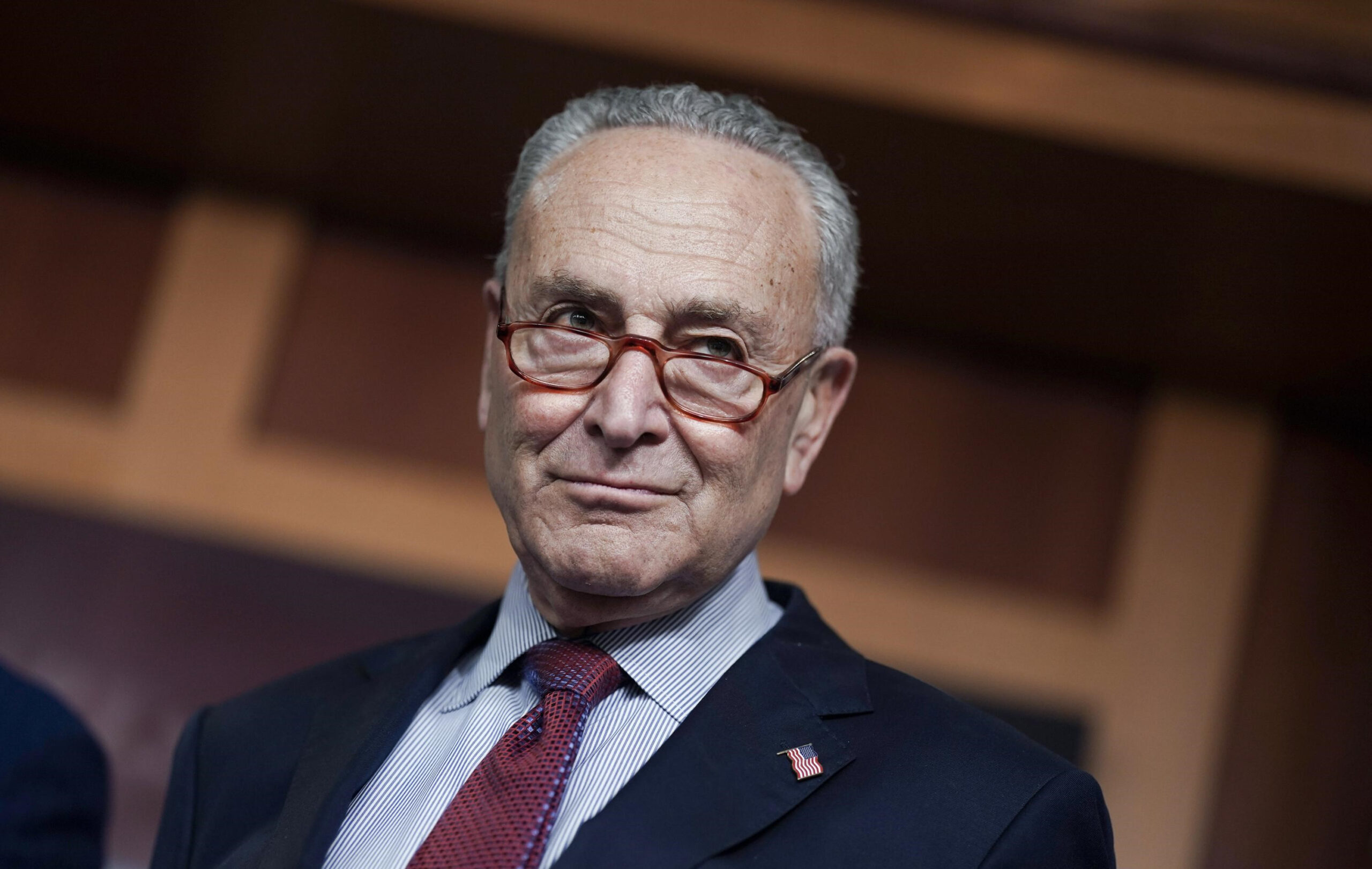Senate Majority Leader Chuck Schumer faces a daunting to-do list as he grapples with the intricate political dynamics surrounding the upcoming November elections.
While aiming for bipartisan victories on elusive legislative fronts.
Now that the government funding for fiscal 2024 has been secured, Schumer shifted his focus towards fostering bipartisan collaboration and addressing the ongoing stream of executive and judicial nominations.
However, the looming specter of the election season, with contested Senate races in play, adds a tint of complexity to his agenda.
“In this phase of the cycle, every decision is viewed through the lens of the upcoming elections,” remarked Jim Manley, a former aide to ex-Senate Majority Leader Harry Reid (D-Nev.) and former Sen. Ted Kennedy. “The leadership is deeply entrenched in strategizing the best path forward amidst these considerations.”
Schumer’s bipartisan agenda, outlined in a recent letter to Senate Democrats, spans a wide spectrum of issues, echoing his year-end priorities outlined in August.
Among the key items are rail safety legislation, a cannabis banking package, and potential actions concerning Big Tech, such as a kids’ safety bill and deliberations on the future of TikTok.
However, the completion of these endeavors is complicated by a series of imminent must-pass measures, including FISA renewal and FAA reauthorization, alongside an anticipated supplemental package to address the recent collapse of the Francis Scott Key Bridge in Baltimore. While the federal government is expected to contribute significantly to the recovery efforts, additional congressional approval is necessary for rebuilding the bridge and mitigating the economic losses incurred by the Port of Baltimore.
The feasibility of Schumer’s agenda remains uncertain, with some Democratic incumbents potentially benefiting from his bipartisan approach.
For instance, Sen. Sherrod Brown leads the Democratic charge on rail safety legislation, born out of the East Palestine, Ohio train derailment, while Sen. Jon Tester (D-Mont.) champions SAFE Banking legislation critical for the cannabis industry, both of whom are prime Republican targets this election cycle.
Nonetheless, Schumer confronts pivotal decisions ahead, including whether to exert pressure on Republicans to bolster his party’s electoral prospects. Additionally, he may face the choice of pivoting Senate attention towards lifetime judicial nominees should electoral prospects for President Biden or vulnerable Democratic senators dim.
Compounding these challenges is the limited legislative window available to Schumer, with only 11 work weeks scheduled until the August recess, further shortened by truncated weeks when the Senate is adjourned on Mondays. Moreover, the impending presidential cycle translates to increased time away from Capitol Hill for lawmakers due to party conventions and reelection campaign commitments.
The level of cooperation from Republican counterparts remains uncertain, given their internal leadership dynamics as they seek a replacement for Senate Minority Leader Mitch McConnell and assemble their leadership team.

